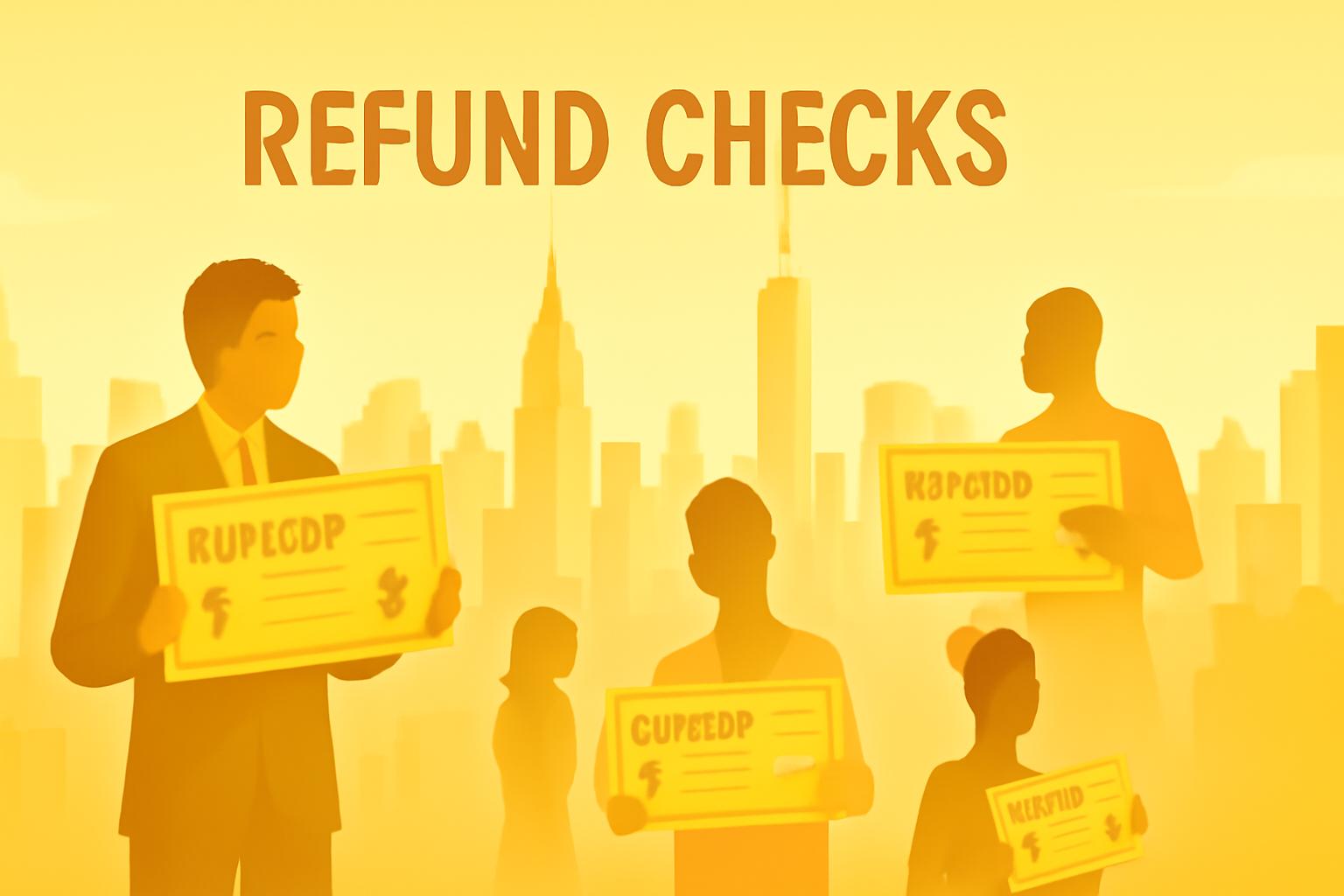New York State Initiates Inflation Refund Payments to Eligible Residents
New York State is commencing the distribution of its first-ever inflation refund checks to qualifying taxpayers. These payments will be mailed directly over the coming weeks, with no application or sign-up required. According to state officials, the timing of receipt may vary as disbursements are not organized by zip code or region.
Rationale Behind the Inflation Refund
The inflation refund is made possible by the increased sales tax revenues collected amid rising consumer prices. Jared Walczak, vice president of state projects at the Tax Foundation, explained that higher prices resulted in greater sales tax receipts, generating more revenue for the state than anticipated. The refund serves as a mechanism to return some of this excess revenue to taxpayers.
While government-issued rebate and stimulus checks are not uncommon, New York currently stands alone in issuing inflation-specific refunds. Walczak noted that no other states have announced similar initiatives, and federal proposals such as the American Workers Rebate Act—which aims to provide tariff rebate payments—remain under legislative consideration.
Financial Guidance for Recipients
Financial experts emphasize prudent use of the refund payments. Douglas Boneparth, a certified financial planner and president of Bone Fide Wealth in New York City, recommends prioritizing essential financial needs. Recipients should consider bolstering emergency savings to prepare for unforeseen expenses and paying down high-interest debts, such as credit card balances, that strain household budgets.
For those with established financial fundamentals, Boneparth suggests that investing the refund could be a strategic move to enhance long-term financial security.
FinOracleAI — Market View
The announcement of inflation refund checks by New York State is likely to have a neutral short-term market impact. While the rebate reflects higher-than-expected sales tax revenue due to inflation, the direct economic stimulus is modest and targeted at individual taxpayers rather than businesses or large-scale economic sectors.
Risks include the potential for uneven distribution timing and limited scope confined to New York, which restricts broader economic influence. Market participants should monitor whether other states adopt similar rebate programs or if federal legislation advances, which could amplify fiscal stimulus effects.
Investors should also watch consumer spending patterns following the rebate disbursement to assess any uptick in retail activity or debt repayment trends.
Impact: neutral













